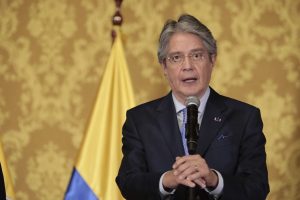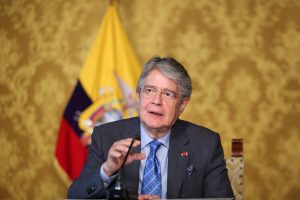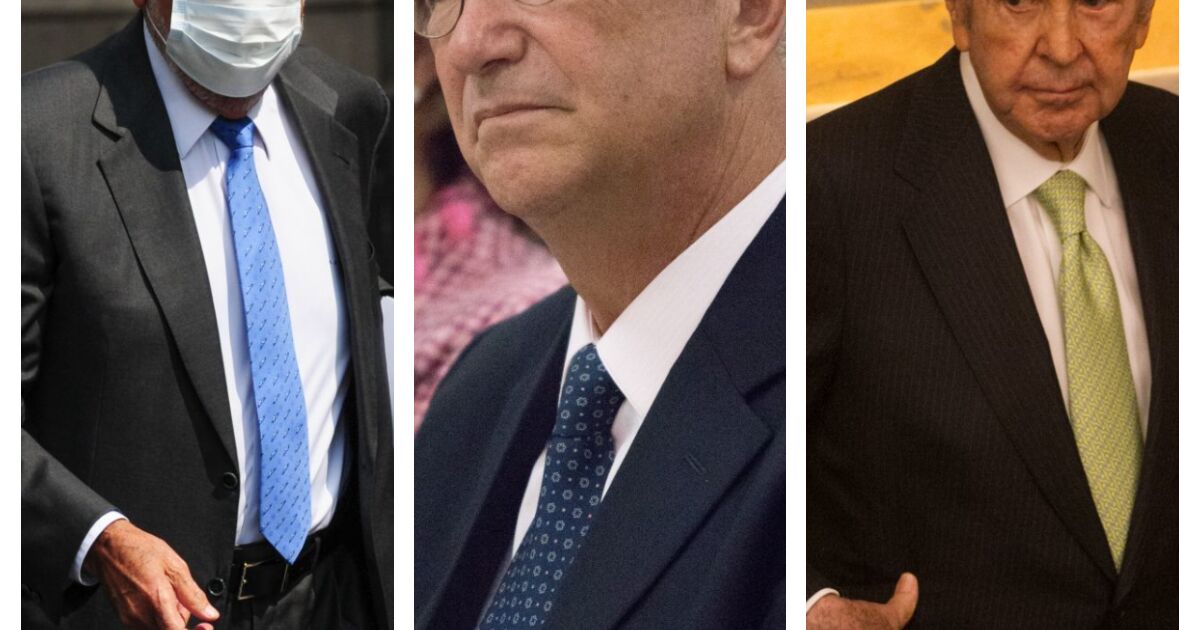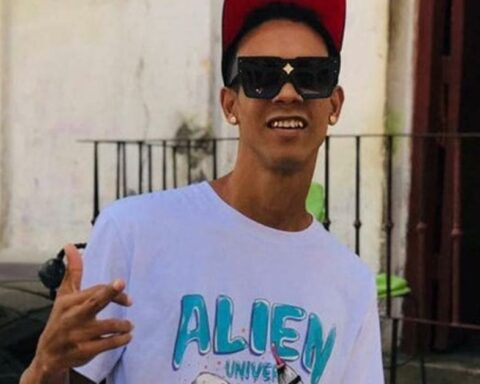The elimination of up to 14 taxes was changed by a tax reform with more taxes and charges for Ecuadorians, who already contribute to the treasury.
“My proposal is concrete: in the case of reaching the Presidency, In the first month of government, I will send a bill in economic matter urgently to repeal 14 taxes, “said Guillermo Lasso in January 2017, when he was a candidate. He assured that with a drastic elimination of taxes $ 3,000 million would be left in the pocket of the citizens; instead of using them to feed an “inefficient state.”
Four years later, again like aspiring to the Presidency and even as President-elect, Lasso insisted on the elimination of taxes, but he concentrated on the Special Consumption Tax (ICE) and the Currency Outflow Tax (ISD). The impact in this case would be $ 2 billion less for the treasury, but available for citizens and companies to reactivate the economy.
That lower collection, according to Lasso, would be covered immediately with an additional cut of $ 1 billion in the public spending and another $ 1 billion from a combination of higher sales and productive activities; plus a increased oil production.
From speech to action
This whole project was ‘cooked’ for more than a decade from Free Ecuador, a foundation created by Lasso, who always advocated for a minimal State and more economic freedom to get out of the crisis.
However, the focus and priorities changed dramatically since May 24, 2021. Already as incumbent president, Lasso went through two phases.
In the first, the tone and emphasis on eliminating taxes was toned down and a stronger focus on fighting tax evaders was shifted. In the second, all the chips were finally bet on one tax reform that creates new taxes, such as the temporary contribution on the assets of the companies, and the burden rises to the few who do comply with the treasury.
The change really started from the campaign
Andrés Molina, economist and sociologist, explained that, after hardly going to the second round, political, economic and social sectors claimed that the discourse and project of Lasso government it had to move to the center.
“It was said that he could not win the second round and even less have governance as incumbent president if he persisted in his ultra-liberal approach. From there, the change to a position closer to social democracy was ‘cooked’, ”he said.
That change became more apparent with the designation of Simón Cueva, first as one of the representatives in the transition with the government of Lenin Moreno, and then as Minister of Economy.
However, the ‘turn of the wheel’, according to Molina, occurred when Lasso and his team realized the reality with the fiscal figures and the state of crisis in the public sector.
“As happens to many candidates, Lasso believed that the political will was enough to root out, and quickly, the waste and waste. But not only is it not true, but encountered more delinquent accounts than anticipated, but also with demands for more spending for security, the social sector, prisons, the purchase of medicines, local governments, among others, ”he said.
Also, by sitting down to negotiate with him International Monetary Fund (IMF), the new administration found that the multilateral demanded projections of more income based on realistic measures and not on good intentions and purposes.
Manuel González, economist, teacher and official at the United States Federal Reserve, has explained on multiple occasions that there is no real evidence that the mere elimination of taxes immediately results in greater economic activity, especially in countries with high informality such as Ecuador .
If the agreement with the IMF was not renegotiated, the country would be left without external sources of financing, not only to close a fiscal deficit of around $ 400 million a month (more expenses than income), but to continue covering the costs of previous debts (more than $ 8,000 million a year).
$22.800 millones suma el gasto público hasta noviembre de 2021 y $14.088 es la recaudación de impuestos y renta petrolera.
Pragmatism vs. dogma
Through social networks, two of the president’s main advisers, Guillermo Lasso, have accepted that when they arrived in Carondelet they had to change dogma for pragmatism in order to govern.
Aparicio Caicedo and Francisco BrionesLasso’s two trusted cadres from Ecuador Libre, have gone from an anti-tax position to another where taxes are an inescapable evil for the collapse of the public sector.
On December 3, 2021, Briones agreed with a press editorial in which the tax reform was defended as an act of pragmatism by a government concerned with the danger of bankruptcy of a poorly managed state for years.
However, figures of Ecuadorian liberalism such as Gabriela Calderón, a researcher at the Cato Institute, doubt that Lasso and his close team did not know the country he was going to inherit before sitting in Carondelet.
“In the recent history of the country it is difficult to find a team that has dedicated more time and resources to govern. They are supposed to have thoroughly studied the reforms the country needs and how to implement them. Hence his government plan presented in campaign arose. It is difficult to identify precisely what they did not know before arriving at Carondelet; and if they have discovered something new, they must enlighten us ”, assured Calderón. (JS)










